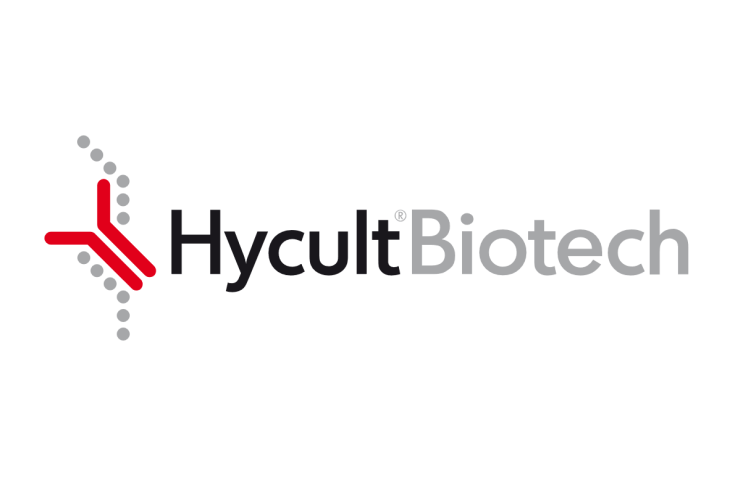The monoclonal antibody ER-TR3 reacts with mouse major histocompatibitity complex class II (MHC class II), also known as I-A or I-E. MHC class II molecules are heterodimers of non-covalently associated alpha (31-34 kDa) and beta (26-29 kDa) chains. Major histocompatibility complex class II antigen presentation requires the participation of lysosomal proteases in two convergent processes. First, the antigens endocytosed by the antigen-presenting cells must be broken down into antigenic peptides. Second, class II molecules are synthesized with their peptide-binding site blocked by invariant chain (Ii), and they acquire the capacity to bind antigens only after Ii has been degraded in the compartments where peptides reside. MHC class II molecules present exogenously derived antigen to CD4+ T lymphocytes, which are usually T helper cells. CD4 interacts with non-polymorphic residues of MHC Class II. The monoclonal antibody ER-TR3 is a valuable tool for studying T helper cell interaction with class II positive antigen presenting cells (dendritic cells, B cells and macrophages) and for studying the development of T helper cells since they stain stromal cells in thymus. The level of antigen detected by ER-TR3 differs from strain to strain. The monoclonal antibody ER-TR3 cross reacts with human MHC class II on tonsil. Distribution of ER-TR3 among mouse strains with independent and recombinant haplotypes.
Do you have any questions about this product?
Order your product by email
Productname
MHC class II, Mouse, mAb ER-TR3
HM1087-20UG
By filling out this form, you are placing an order by e-mail. You will receive an order confirmation within one working day. The order cannot be modified after receipt of the order confirmation.
Request a sample
Productname
MHC class II, Mouse, mAb ER-TR3
HM1087-20UG
By filling out this form, you request a sample. You will receive an order confirmation within one working day. The order cannot be modified after receipt of the order confirmation.
Are you looking for specific products, alternatives or documentation?











